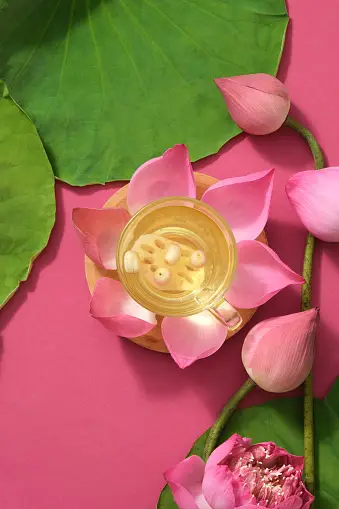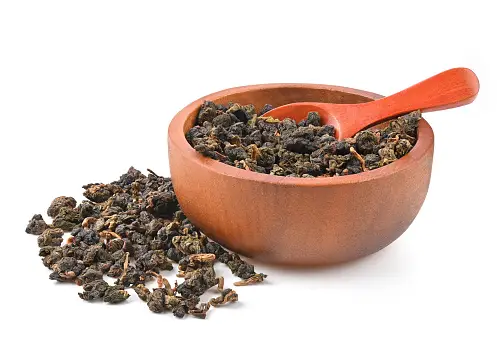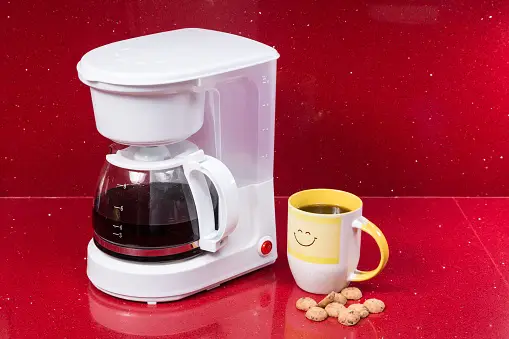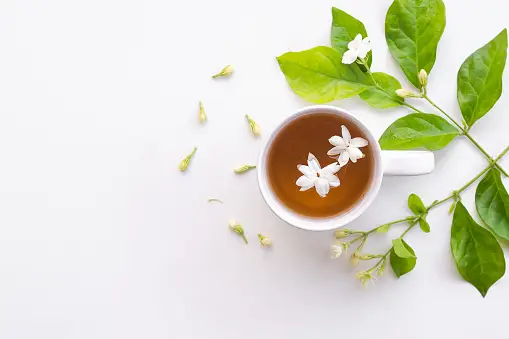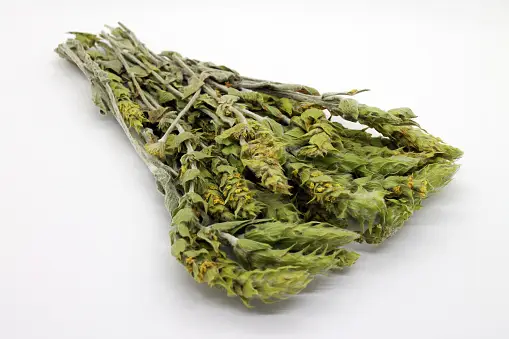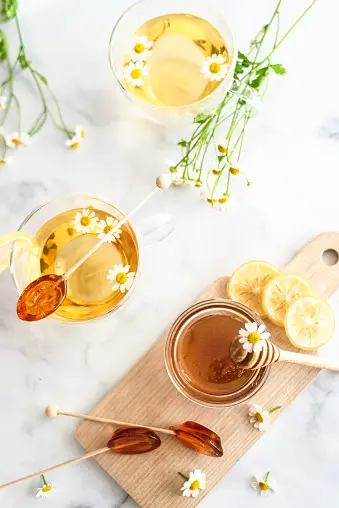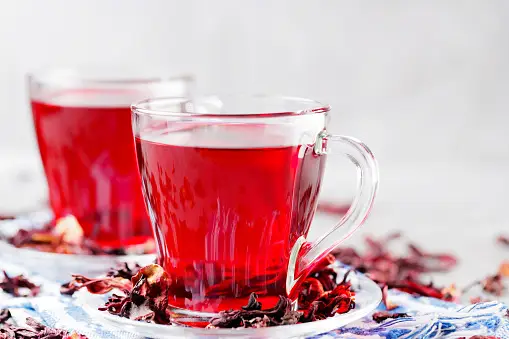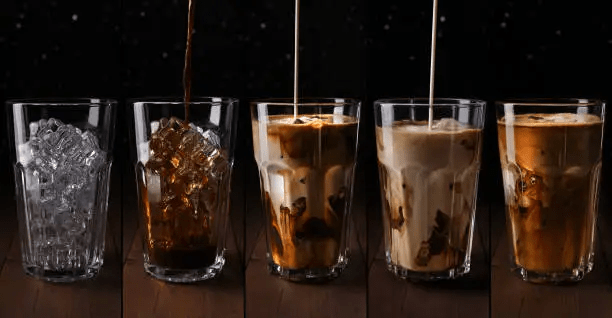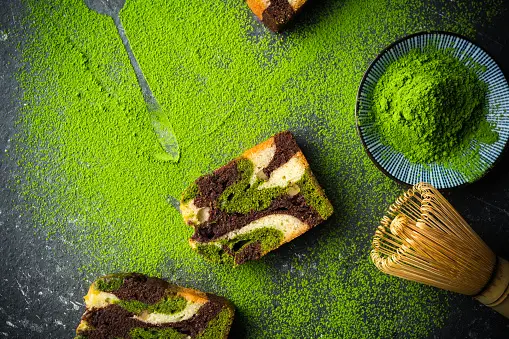Are you a tea enthusiast on the lookout for exquisite and delightful brews? Look no further! In this article, we present a comprehensive buyer’s guide to the top 10 Vietnamese teas in 2023. Vietnam’s tea culture has a rich history, and its teas are celebrated for their unique flavors and aromas. Join us on a journey through the enchanting world of Vietnamese tea as we explore its finest offerings. Whether you’re a seasoned connoisseur or a curious newcomer, this guide will help you discover the perfect cup of Vietnamese tea that suits your taste.
The Legend of Vietnamese Tea
Vietnam has a captivating legend surrounding the origins of tea. According to ancient folklore, an Emperor named Shen Nong discovered tea when a tea leaf accidentally fell into his cup of hot water. Intrigued by the delightful aroma and refreshing taste, he began exploring the potential of tea leaves. Since then, tea has become an integral part of Vietnamese culture, and the country boasts a wide variety of teas to choose from.
The Top 10 Vietnamese Teas
1. Imperial Dragon Pearl Tea
Description:
The Imperial Dragon Pearl Tea is a hand-rolled, fragrant green tea that unfurls gracefully in hot water. With a delicate jasmine aroma and a smooth, mellow taste, this tea offers a captivating experience for tea enthusiasts.
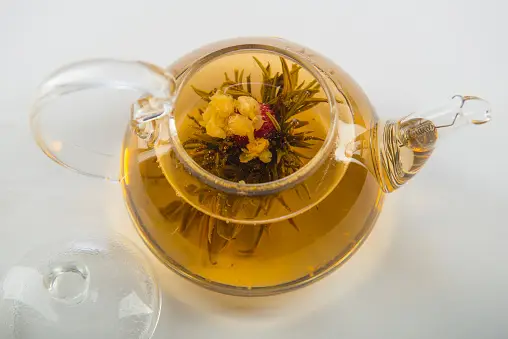
| Pros | Cons |
|---|---|
|
|
2. Lotus Tea (Sen Cha)
Description:
Lotus Tea, also known as Sen Cha, is a traditional Vietnamese tea made by wrapping green tea leaves in lotus petals. The tea absorbs the floral essence, creating a subtle, aromatic flavor that is both soothing and rejuvenating.
| Pros | Cons |
|---|---|
|
|
3. Highland Oolong Tea
Description:
Grown in the mountainous regions of Vietnam, Highland Oolong Tea is a semi-oxidized tea with a distinctive fruity taste and floral aroma. Its unique production process and terroir contribute to its exceptional quality.
| Pros | Cons |
|---|---|
|
|
4. Artisan Black Tea
Description:
Artisan Black Tea, meticulously handcrafted by skilled artisans, offers a bold and robust flavor with hints of chocolate and caramel. Its full-bodied taste makes it a favorite among tea enthusiasts seeking a stronger brew.
| Pros | Cons |
|---|---|
|
|
5. Jasmine Pearl Tea
Description:
Jasmine Pearl Tea features tender green tea leaves scented with fresh jasmine blossoms. The result is a fragrant and soothing tea with a subtly sweet taste, perfect for moments of relaxation.
| Pros | Cons |
|---|---|
|
|
6. Wild Mountain Green Tea
Description:
Wild Mountain Green Tea is harvested from ancient tea trees thriving in the mountains of Vietnam. The leaves offer a unique blend of floral and vegetal notes, providing a refreshing and invigorating experience.
| Pros | Cons |
|---|---|
|
|
7. Sapa Oolong Tea
Description:
Sapa Oolong Tea hails from the picturesque Sapa region and is known for its complex flavor profile, featuring notes of honey, orchids, and ripe fruit. This tea is a true testament to the natural beauty and diversity of Vietnam’s tea offerings.
| Pros | Cons |
|---|---|
|
|
8. Centenarian White Tea
Description:
Centenarian White Tea is made from ancient tea trees, some of which are over 100 years old. The tea’s light, sweet taste and subtle floral aroma are a result of its delicate processing methods.
| Pros | Cons |
|---|---|
|
|
9. Phoenix Honey Oolong Tea
Description:
Phoenix Honey Oolong Tea is a rare and prized tea, known for its natural honey-like sweetness and orchid fragrance. Produced in limited quantities, this tea is a gem for tea enthusiasts seeking a truly exceptional brew.
| Pros | Cons |
|---|---|
|
|
10. Five Elements Pu-erh Tea
Description:
Five Elements Pu-erh Tea is a fermented tea with earthy, rich flavors. Its unique processing involves compressing the tea leaves into various shapes, reflecting the five elements: wood, fire, earth, metal, and water.
| Pros | Cons |
|---|---|
|
|
The Journey of Vietnamese Tea
Vietnamese tea’s journey from cultivation to your cup is a fascinating process that involves several crucial steps. We explore the tea gardens, plucking, withering, rolling, oxidizing, and drying processes that contribute to the diverse range of flavors in Vietnamese teas.
Expert Tips for Selecting Vietnamese Tea
Selecting the perfect Vietnamese tea for your preferences can be a delightful experience. Here are some expert tips to guide you in choosing the ideal brew:
1.Know Your Preferences:
Consider whether you prefer a light and floral tea or a bold and robust brew. Vietnamese teas offer a wide spectrum of flavors to suit different taste profiles.
2.Source Matters:
Look for teas sourced from reputable tea estates known for their quality and sustainable practices.
3.Check the Harvest Date:
Fresher teas generally offer a more vibrant flavor and aroma, so opt for teas with recent harvest dates.
4.Packaging and Storage:
Ensure the tea is stored in airtight, light-resistant packaging to preserve its freshness.
5.Experiment and Enjoy:
Don’t be afraid to try different varieties and brewing methods to find your perfect cup of Vietnamese tea.
Embrace the Art of Vietnamese Tea
Vietnamese tea culture goes beyond the beverage itself—it’s an art that celebrates harmony, mindfulness, and shared experiences. Whether you’re sipping tea in solitude or sharing it with friends, embracing the art of Vietnamese tea elevates the entire tea-drinking experience.
Conclusion
In conclusion, Vietnamese tea offers a captivating journey through centuries of tradition and craftsmanship. From the delicate Imperial Dragon Pearl Tea to the bold Five Elements Pu-erh Tea, each brew showcases the diversity and excellence of Vietnam’s tea culture. Remember these key takeaways as you embark on your tea exploration:
- Explore the top 10 Vietnamese tea varieties, each with its unique flavors and aromas.
- Understand the artistry and cultural significance of Vietnamese tea.
- Choose your teas wisely, considering your preferences and the tea’s source and freshness.
Now, it’s time to experience the magic of Vietnamese tea yourself. Elevate your tea-drinking rituals and explore the finest Vietnamese teas available in 2023.
FAQS:
Q1: What are some popular types of Vietnamese tea?
Ans: Some popular types of Vietnamese tea include Imperial Dragon Pearl Tea, Lotus Tea, Highland Oolong Tea, and Jasmine Pearl Tea.
Q2: How does Vietnamese tea differ from teas of other regions?
Ans: Vietnamese tea stands out for its distinctive processing methods, such as hand-rolling and lotus wrapping, which contribute to its unique character.
Q3: What are some health benefits associated with Vietnamese tea?
Ans: Vietnamese tea is rich in antioxidants and may promote heart health, aid digestion, and offer relaxation benefits due to its soothing properties.
Q4: Where can I find authentic Vietnamese tea for purchase?
Ans: You can find authentic Vietnamese tea from reputable tea suppliers, specialized tea shops, and online retailers that source teas directly from Vietnam.
